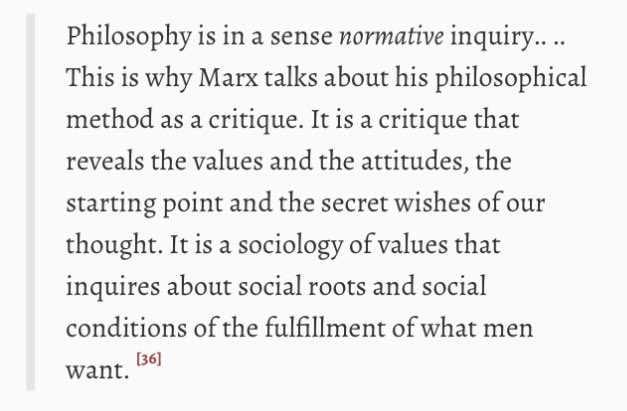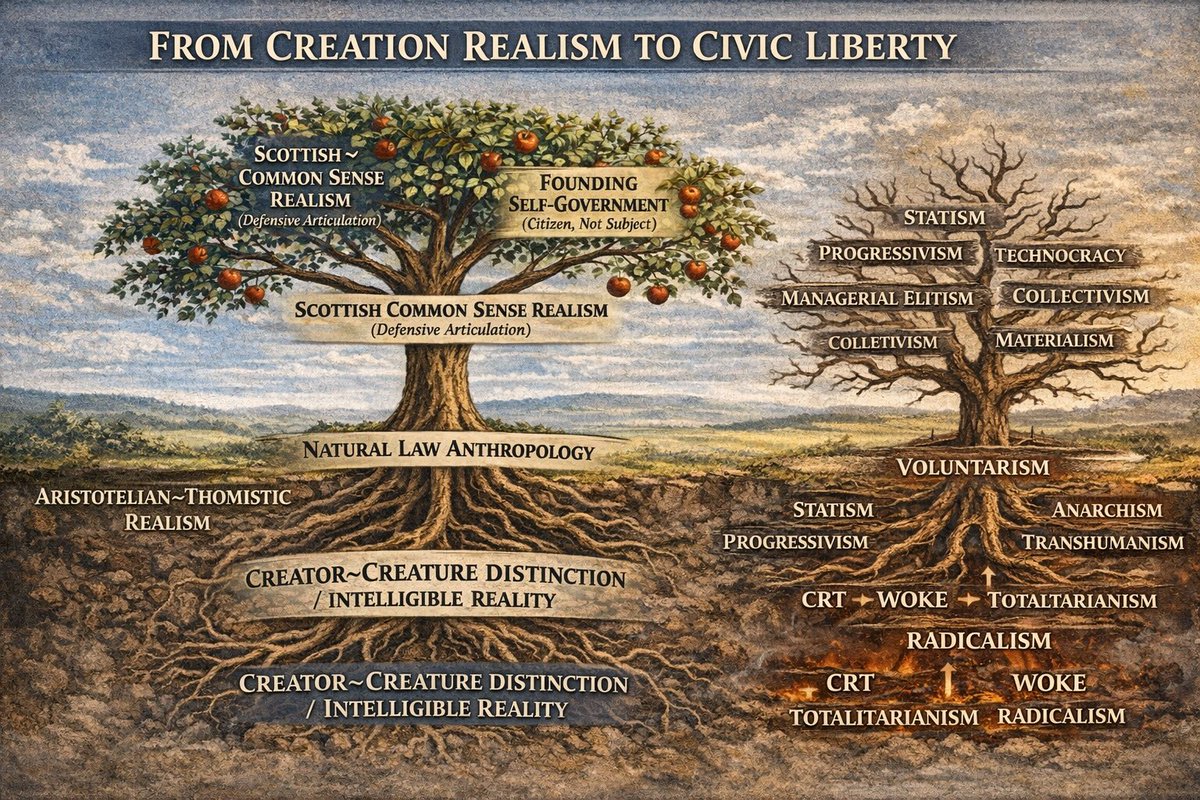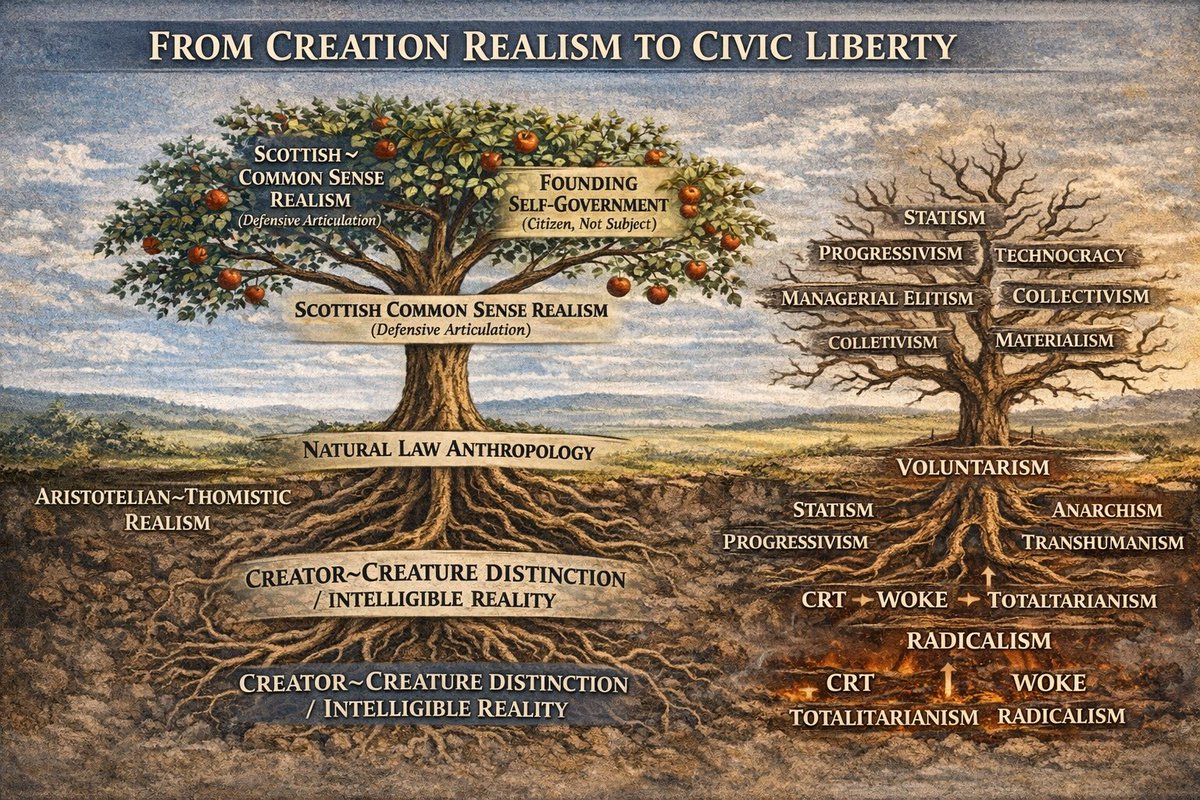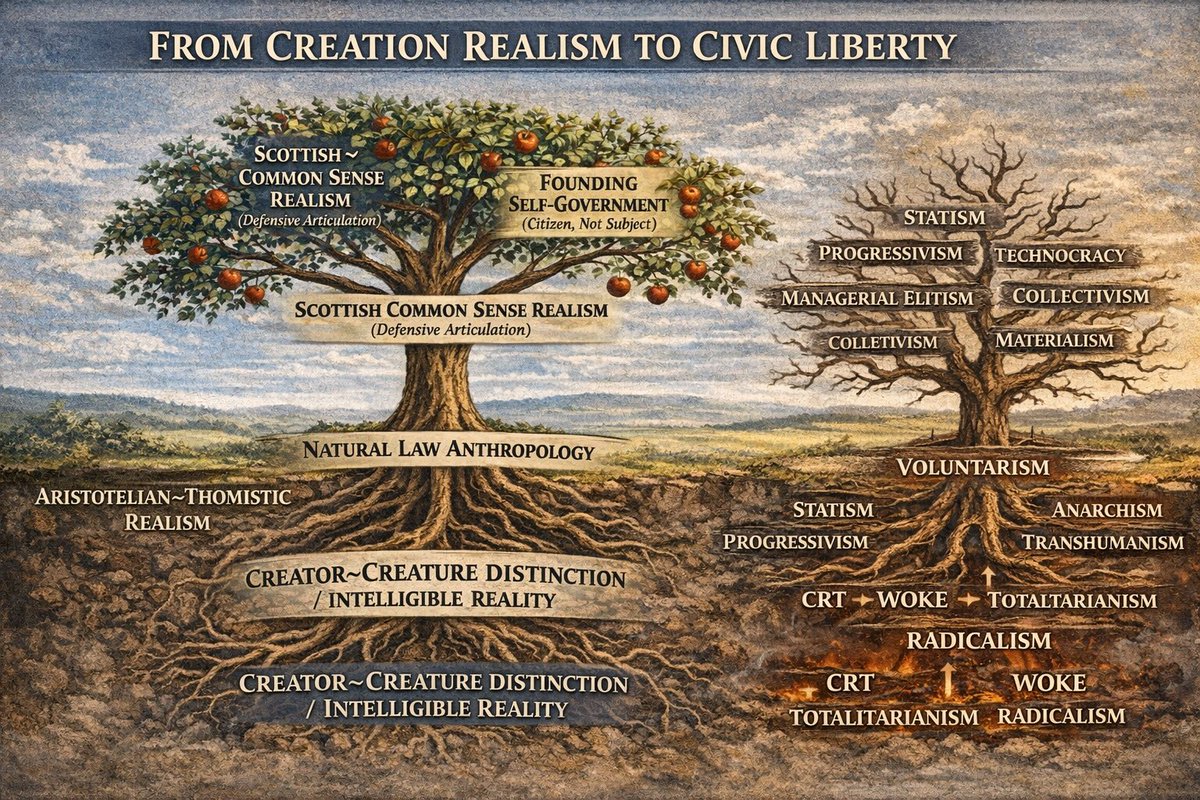If you or someone you know still asks why functional literacy has tanked, why Activist social issues & explicit sexuality ed has primacy over & above traditional academics, read this thread breaking down Blumenfeld’s essay:
Samuel Blumenfeld 1926-2015
1/ https://t.co/MRQjiMK63Kabeka.com/blog/who-kille…



Samuel Blumenfeld 1926-2015
1/ https://t.co/MRQjiMK63Kabeka.com/blog/who-kille…



23/
As a strategic Fabian & a tactical Pragmatist, Dewey rebranded Communist aims & goals to appeal to American/Western appetites & sensibilities.


As a strategic Fabian & a tactical Pragmatist, Dewey rebranded Communist aims & goals to appeal to American/Western appetites & sensibilities.


55/If you’ve read down this far you’re hard core. I’ve posted a few of the references if anyone want’s to dig in. It helps a lot to have digested most of @NewDiscourses output to appreciate the depth/scope of what this essay presents, but so well worth for current understanding.








@WatcherinTexas ‘The Right’ is a foil to ‘The Left’ in Fabian strategy. A dialectical mechanism for manoeuvre/corralling. Hence the distraction of Party Politics. ‘The Right’ is as instrumental to pragmatic purposes as ‘The Left’.
@jaybird_b Yes, quite the lineage.
@jaybird_b Comitted to The Great Work
@Orchidoptera @NewDiscourses yw
• • •
Missing some Tweet in this thread? You can try to
force a refresh



























































































































